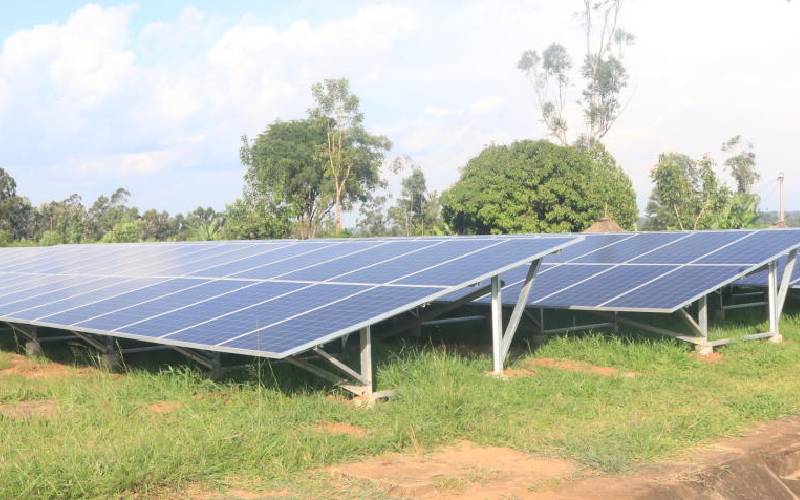×
The Standard e-Paper
Kenya’s Boldest Voice

Residents of off-grid areas are poised to benefit from the sale of quality solar and clean cooking products following the release of Sh500 million from the Kenya Off-Grid Solar Access Project (KOSAP) to 19 companies to facilitate the sale of their products in these counties.